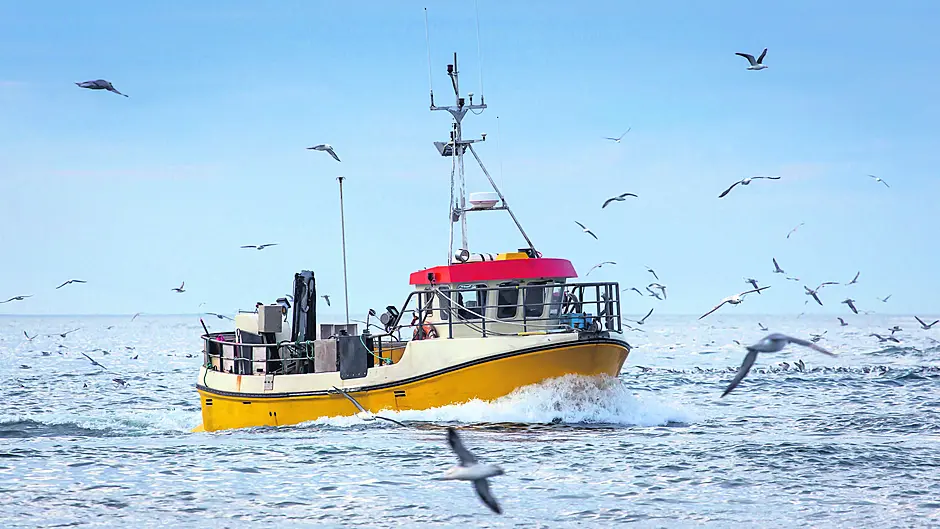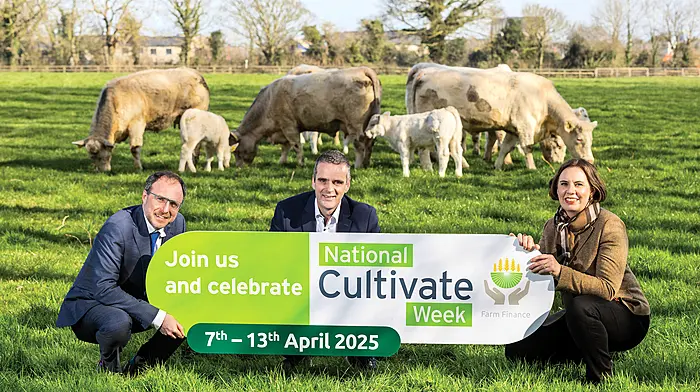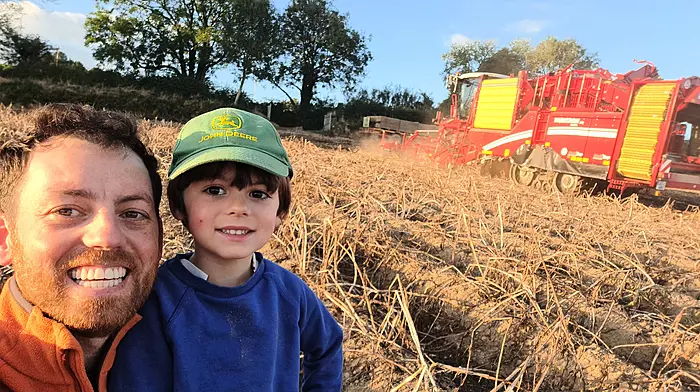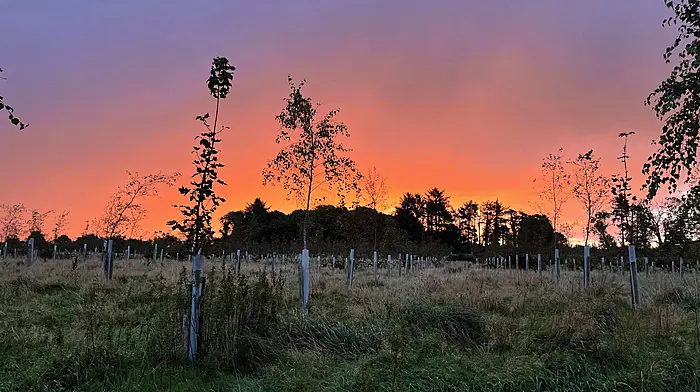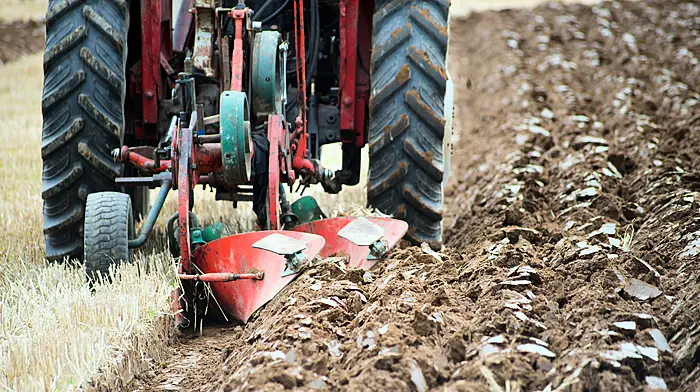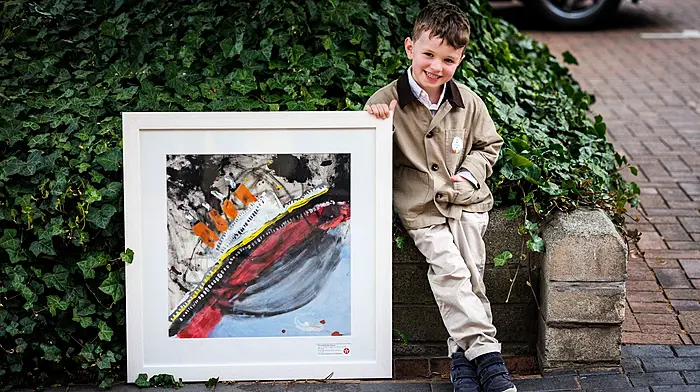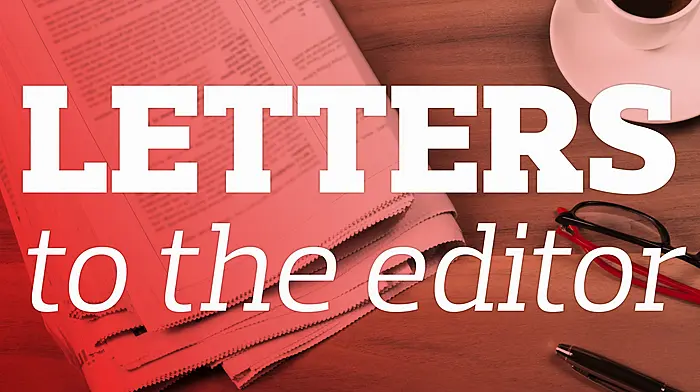AN organisation representing inshore fishermen has said the December Fisheries Council has made a dire situation worse.
The National Inshore Fishermen Association released a statement regarding the December Fisheries Council, with cuts to pollack adding to their frustration in the South West.
‘With regard to the outcome of the recent December Council, it would have been difficult to envisage the dire situation facing inshore fishermen currently could worsen, but it did so, culminating in the almost complete loss of yet another fishery so important to our economic viability: pollack,’ the group’s statement said.
It says that two key areas will see significantly reduced quotas – Area vi 13t down 26%* (by catch only), Area vii 56t down 87% (by catch only) NIFA said only a tiny minority of the fleet – 50 large vessels – will benefit from increased mackerel quotas.
‘Along with a decrease in other whitefish species the outcome will be of boats tied to piers long term. Although an increase in the national mackerel quota will be welcomed by the 50 large vessels in the fleet the 1,500 inshore vessels gain absolutely nothing due to our unfair, discriminatory national policy under which no more than a paltry 400 tonnes is ever allocated to the numerically superior, family-owned inshore sector of the fleet.’
The inshore fishermen added that shellfish market prices have been spiralling downwards for months resulting in the collapse of the brown crab market, while they say the spurdog fishery is stagnant because of the maximum legal size under market requirements.
‘All of this on the back of several years of hardship due to the Covid pandemic, Brexit, Ukraine war, and unprecedented rise in the cost of living has pushed the inshore sector to breaking point. It is now time for the minister and the Dept of Agriculture, Food, and the Marine officials to Inject some morality into the equation and provide us with immediate financial aid and fairer access to national pelagic quotas before a way of life is lost to rural coastal communities.'

